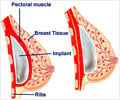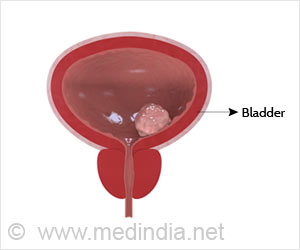France became the first country to ban a type of breast implant that has been linked to a rare form of cancer. This design was found to attack the immune system and hence the ban of the breast implant.

‘France became the first country to ban a type of breast implant that has been linked to a rare form of cancer. This design was found to attack the immune system and hence the ban of the breast implant.’
Read More..




The National Agency for Medicines and Health Products (ANSM) said in a statement that the ban was a "precautionary measure" taken in light of the "rare but serious danger" posed by the implants. Read More..
According to the report, some 70,000 women are believed to have received these implants, out of an estimated 400,000 women who have had breast implants in France.
It said it had recorded 59 cases of the cancer among French implant wearers, of whom three had died.
"The more the implant is textured and rough the greater the risk of BIA-ALCL (anaplastic large-cell lymphoma)," the ANSM said, adding it had noted a "significant increase in cases of anaplastic large-cell lymphoma linked to the wearing of breast implants since 2011".
The ANSM, however, did not recommend that the women who had received the implants undergo surgery to have them removed, because of the "rarity of the risk", the report said.
Advertisement
Jean-Claude Mas, the founder of Poly Implant Prothese (PIP) French company, that was found to have used sub-standard silicone gel in its implants died on Thursday.
Advertisement
The scandal affected about 300,000 women in 65 countries, including France, the UK, Germany, Venezuela and Brazil.
Source-IANS














